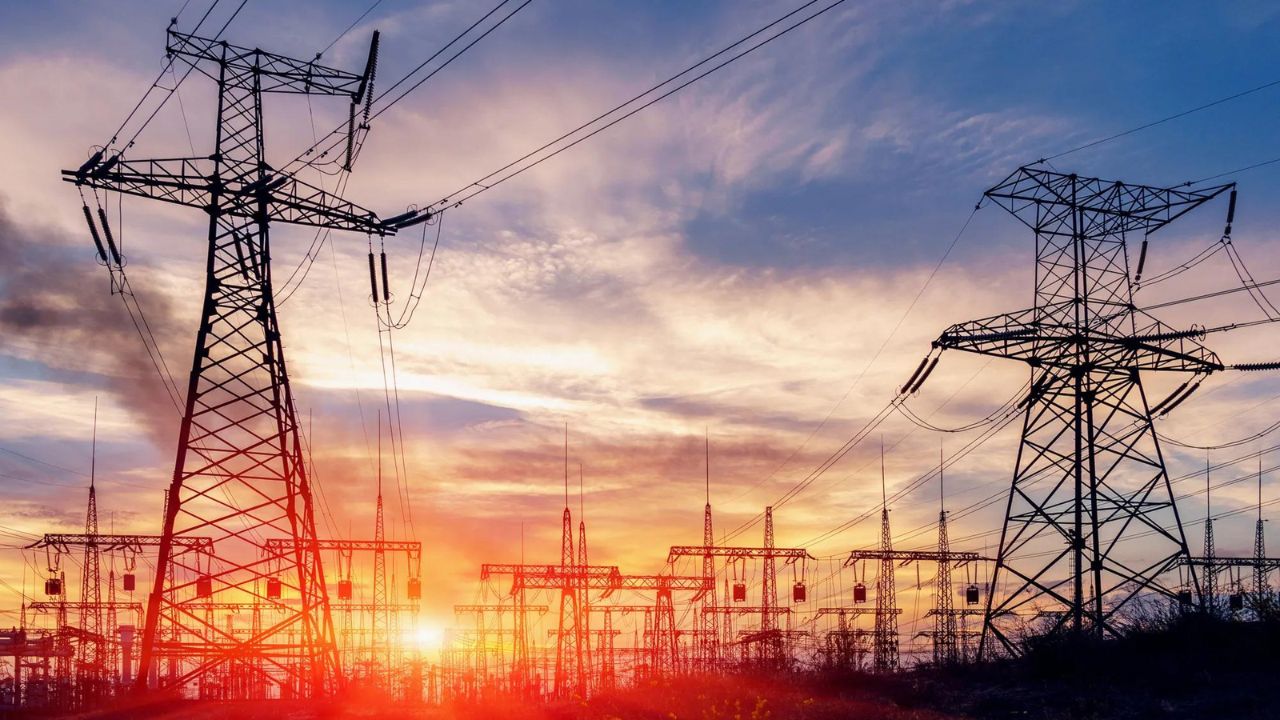Energy efficiency and conservation have long been overshadowed in Pakistan’s energy discourse. Governments historically prioritized expanding generation capacity over curbing energy demand despite the latter being more cost-effective and yielding quicker results.
In the recent World Bank Regulatory Indicators for Sustainable Energy (RISE) ranking, Pakistan scored a mere 28 out of 100 for energy efficiency. This glaring deficiency in policies, regulations, and financing mechanisms places Pakistan significantly behind its global counterparts. Energy efficiency, however, is a pivotal facet of achieving Sustainable Development Goals, complementing national endeavors for sustainable energy access.
Following the green light for the National Energy Efficiency & Conservation (NEEC) Policy 2023, the Cabinet Committee on Energy (CCoE) has spearheaded the development of a comprehensive action plan. This blueprint will offer a clear, concise, and quantifiable roadmap for policy execution. The forthcoming National Energy Efficiency and Conservation Action Plan (2023-30) signifies a unified, long-term strategy in alignment with Pakistan Vision 2025 and synchronized with national energy policies. It ensures a cohesive, sector-wide approach, laboring towards doubling the rate of energy efficiency improvement targeted for accomplishment by 2030.
Energy efficiency and conservation stand as highly potent and economical solutions for the government to promptly address the energy crisis. Given Pakistan’s elevated energy intensity and the burgeoning energy efficiency market, ample potential exists for demand-side enhancements. The National Energy Efficiency and Conservation Agency (NEECA) should expedite the imposition of minimum energy performance standards for appliances such as motors, lighting, air conditioners, refrigerators, as well as water and space heaters. This decisive step could yield substantial cost savings for households.
Moreover, concerted collaboration with relevant authorities to revise development bylaws is essential. These revisions would mandate the incorporation of building energy efficiency practices in new construction. Employing a blend of passive and active measures, including building orientation, green roofs, insulation, and energy-efficient heating and cooling systems, can significantly diminish the energy demands of these structures.
It was in a recent congregation online that lauded local energy expert, Asad Mehmood, an advocate for standardization, emphasized the importance of ensuring Minimum Efficiency Performance Standards (MEPS) for consumer end products. He underlined the need for these standards to be met, stressing that this would lead to a significant improvement in overall energy efficiency. Coincidentally, he was joined by Amer Zia, a close advisor to K-Electric’s CEO, Mr Moonis Alvi, who further expounded on this, highlighting the importance of not only having energy-efficient products but also ensuring they are cost-effective for the public. He pointed out that for those on minimum wage, the concern is not just about saving energy but also about the affordability of energy.
Amer also shed light on K-Electric’s commendable initiative, Roshni Bajis, which has not only impacted consumption patterns and recovery but also embodies the core values of K-Electric’s vision. He mentioned the company’s PKR 484 billion Investment Plan, emphasizing the utilization of renewables for sustainable generation to enable access to affordable energy for all.
Dr. Naveed Arshad, from LUMS, stressed the necessity for indigenization and creative solutions in the energy sector. He emphasized that a legislative framework at the national level is imperative to facilitate innovation. He proposed a shift towards an innovative tariff design to enhance efficiency in the sector.
Despite the challenges faced by Pakistan’s energy sector, the panel expressed optimism, focusing on the opportunities available in the energy efficiency domain. They collectively emphasized the significance of indigenizing fuels and embracing energy efficiency as a cultural norm to help the country address its energy crisis.
In conclusion, Pakistan’s journey towards a more sustainable energy landscape hinges on the foresight and determination of policymakers. By prioritizing standardization and advocating for energy efficiency and conservation, the nation can usher in a new era of resilience and sustainability. The implementation of the National Energy Efficiency and Conservation Action Plan (2023-30) marks a crucial milestone in this transformative endeavor, poised to reshape Pakistan’s energy future.
This article is written by Muhammad Wahid. He is a freelance journalist.





















